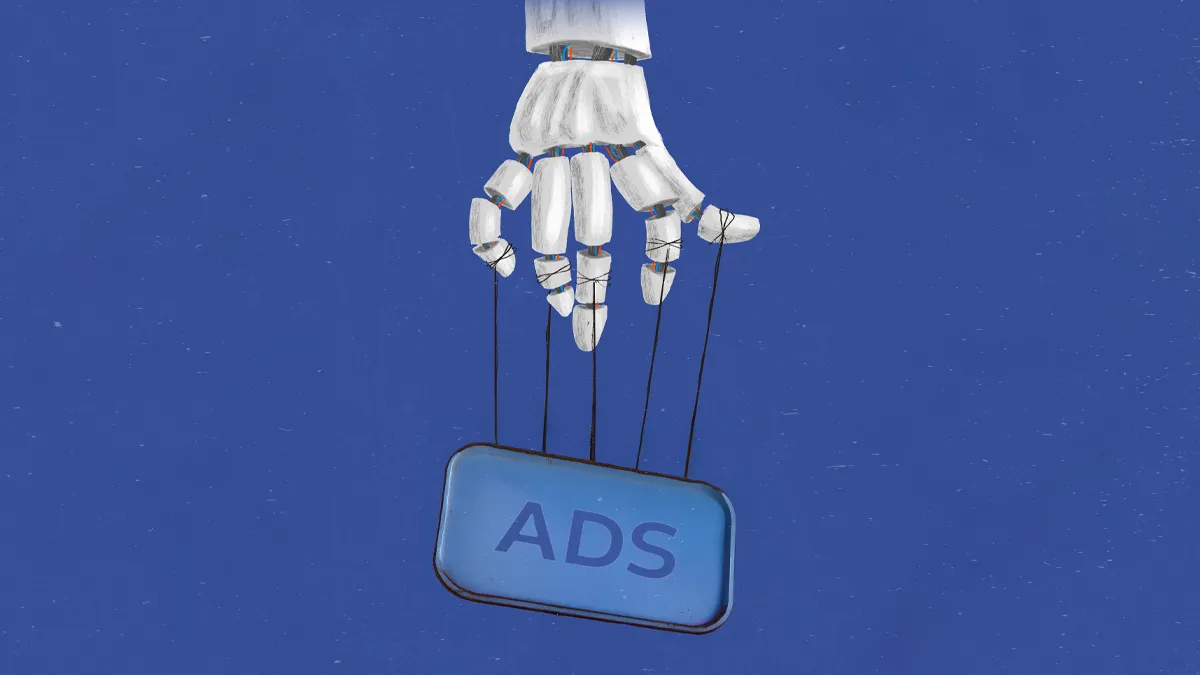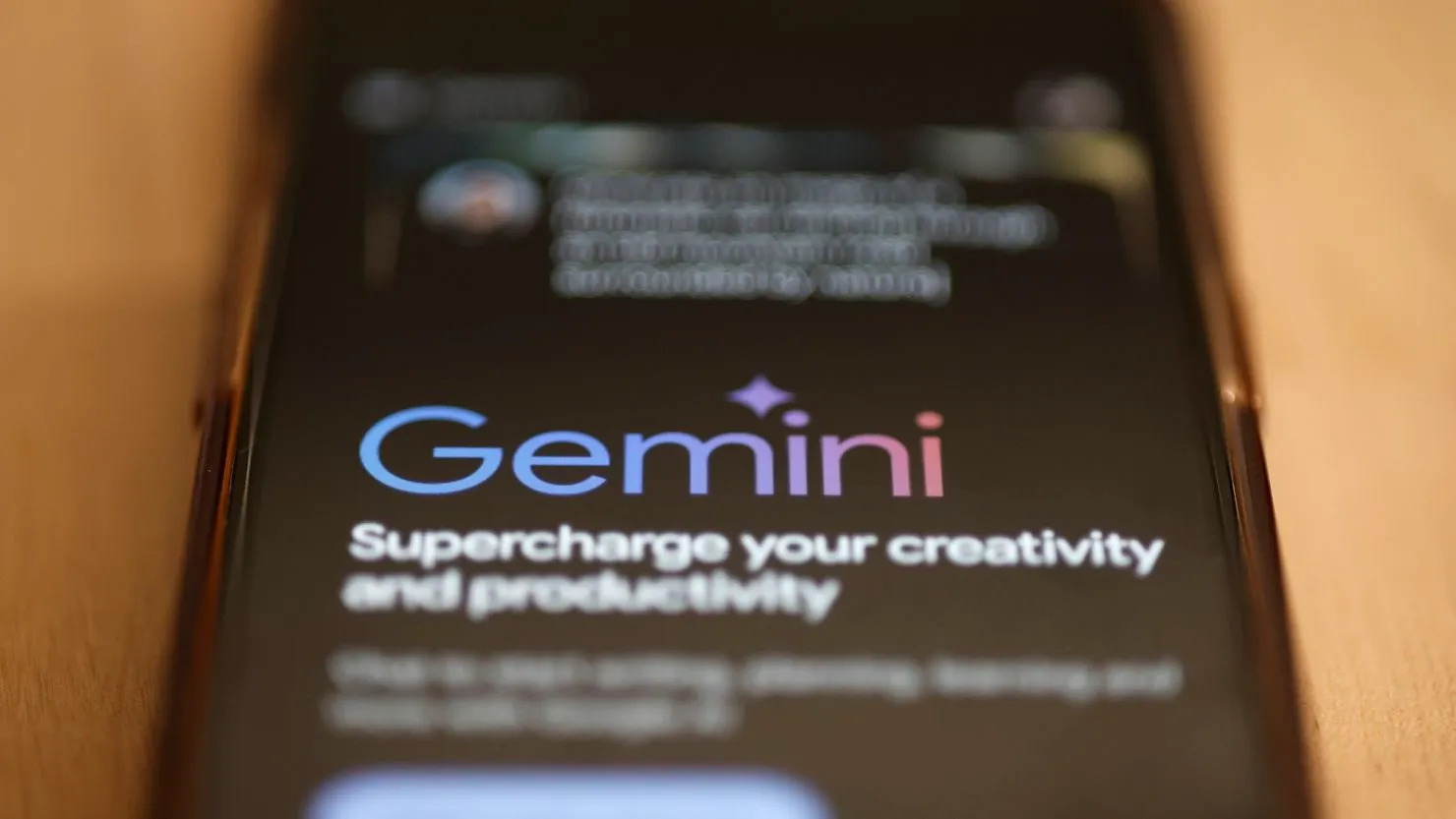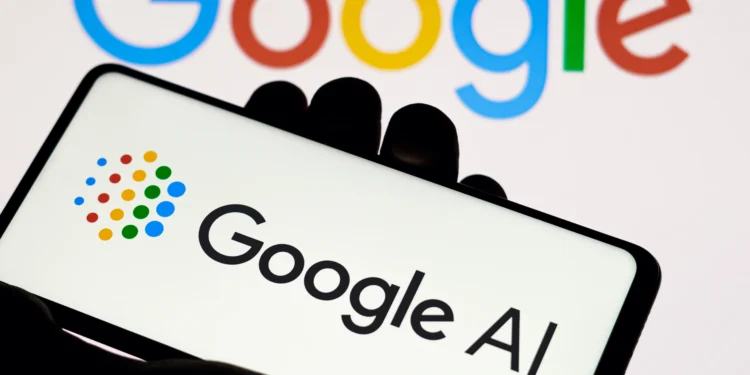Google’s ambitious Super Bowl ad campaign, aimed at showcasing its Gemini AI model’s utility for small businesses, has not gone as planned. The tech giant intended to feature 50 unique stories from small businesses across the U.S., demonstrating how the Gemini tools have enhanced their operations.

However, controversy surrounds one particular ad about the Wisconsin Cheese Mart, where the AI was credited with generating website copy that inaccurately claimed gouda cheese accounts for “50 to 60 percent of the world’s cheese consumption.”
Fact-Checking Leads to Unexpected Revelations
The factual inaccuracy in the ad sparked significant backlash, compelling Google to revise the ad by removing the erroneous statement. Yet, the plot thickened when it was discovered through the Internet Archive that this statement has been on the Wisconsin Cheese Mart’s website since 2020, long before the supposed application of Gemini AI. This revelation cleared Gemini of producing the incorrect information but raised questions about the veracity of Google’s claims regarding the AI’s role in content creation.

Jerry Dischler, President of Cloud Applications at Google Cloud, stepped into the fray, defending the integrity of the Gemini AI on Twitter. He asserted that the text was “not a hallucination” and emphasized that “Gemini is grounded in the Web.” Despite his defense, the situation highlighted a significant disconnect between Google’s promotional assertions and the AI’s actual application.
Implications for Google and AI Transparency
This mishap has not only embarrassed Google but also spotlighted the challenges facing AI in advertising. The scenario resembles past missteps in the gaming industry, where trailers not representative of the actual gameplay were used to hype new games. Google’s predicament similarly underscores the importance of transparency and accuracy in AI-related advertising, especially when claims about AI capabilities can mislead or confuse potential users.
The unfolding drama around Google’s Super Bowl ad is a cautionary tale about the pitfalls of overpromising AI capabilities in high-stakes marketing campaigns. As companies continue to integrate AI into their marketing strategies, maintaining a balance between innovative advertising and truthful representation of technology becomes paramount.

This incident serves as a stark reminder of the complexities and responsibilities inherent in marketing AI tools and the need for stringent checks to ensure that promotional materials accurately reflect the technology’s capabilities. Google, a leader in the tech industry, now faces the task of rebuilding trust and demonstrating a commitment to transparency in its future AI endeavors.










